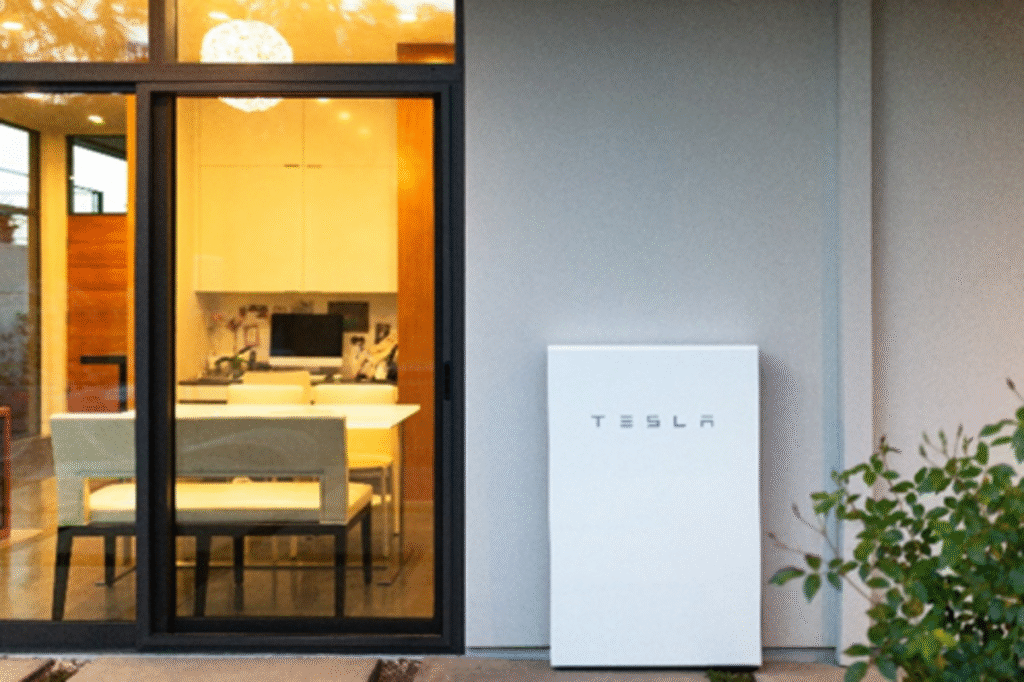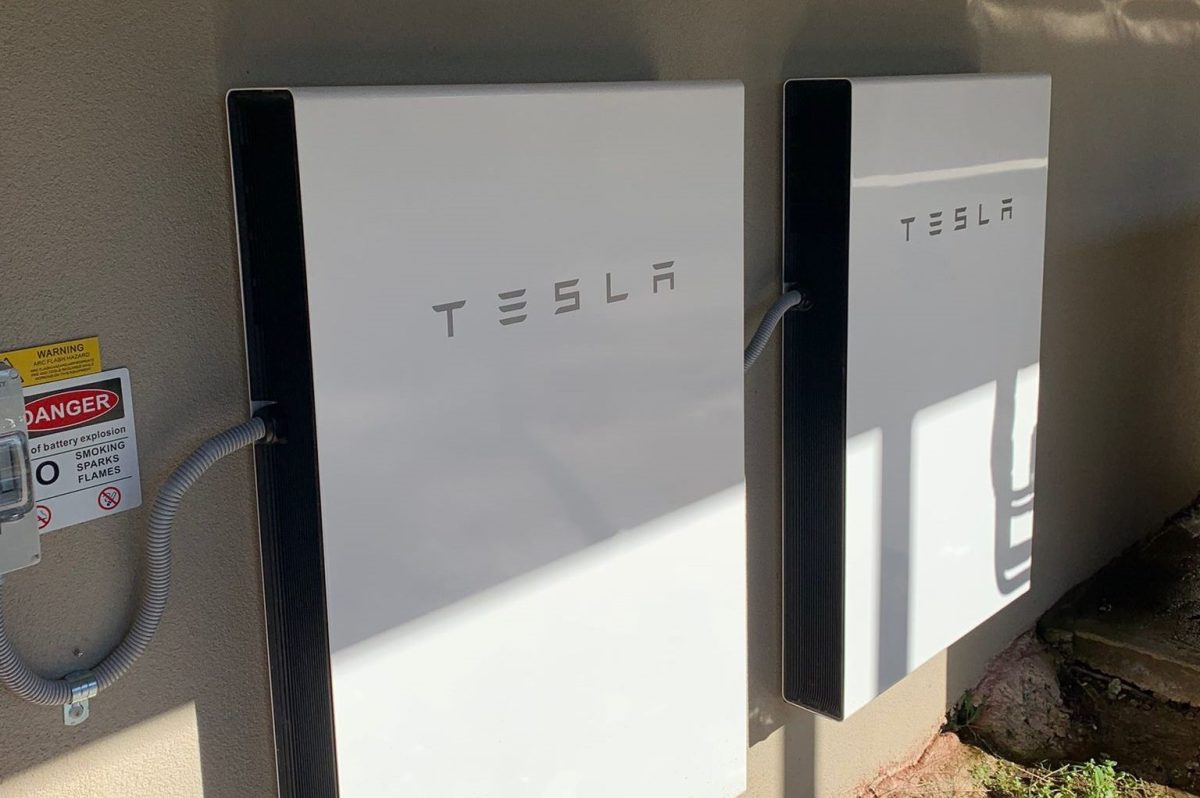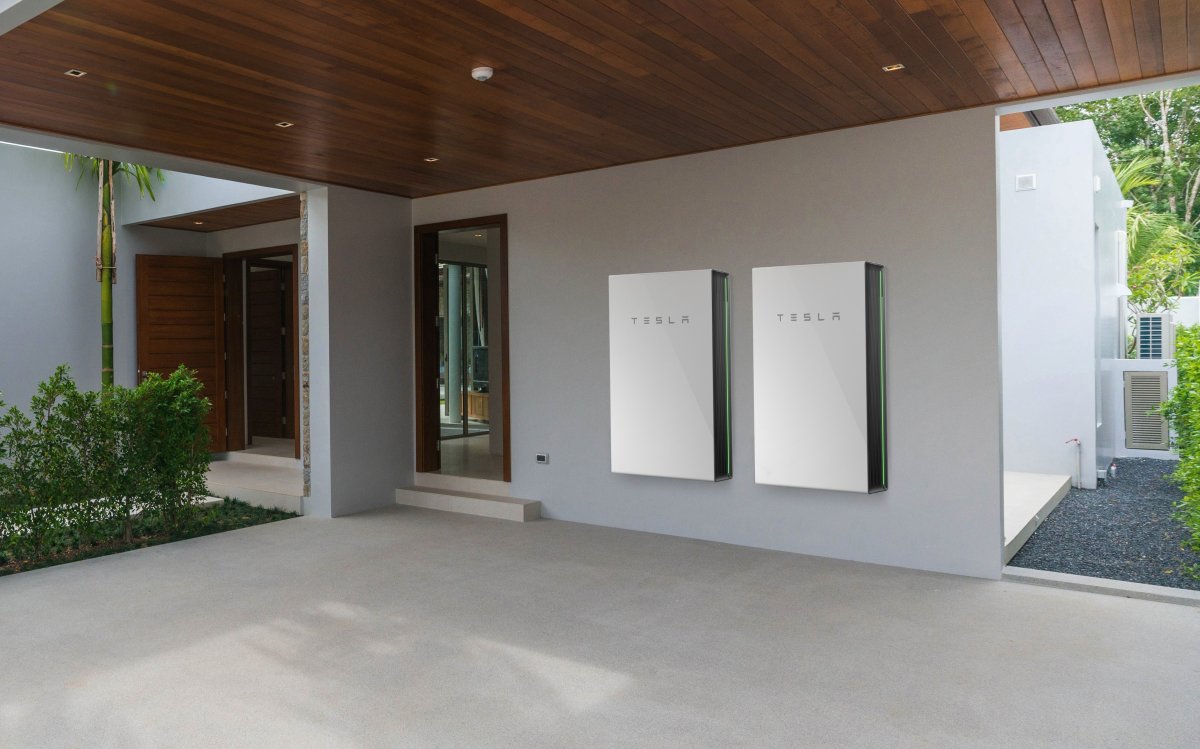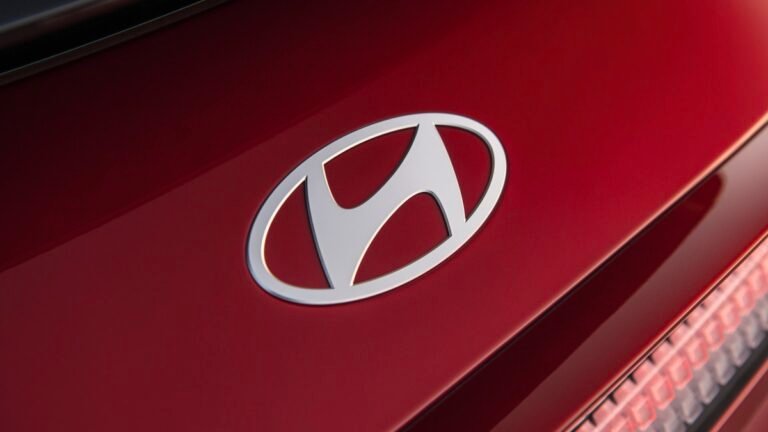
Tesla is recalling about 10,500 Powerwall 2 AC Battery Power Systems sold in the U.S. between November 2020 and December 2022 after federal regulators warned that the units can overheat, release smoke or flames, and pose a risk of serious injury or death. The U.S. Consumer Product Safety Commission says the issue stems from defective lithium-ion cells that can fail during normal operation.
Tesla has already reported more than 20 overheating incidents, several involving smoke or fire, prompting the company to remotely discharge affected units to reduce immediate danger while replacements are prepared.

What’s Being Recalled
The recall covers Powerwall 2 systems equipped with lithium-ion cells that may overheat and stop functioning, creating a fire hazard in garages, homes, and attached structures. While no injuries have been reported, officials documented multiple cases where units produced flames and minor property damage. Owners typically purchased these units through Tesla’s installer network for around $8,000, pairing them with rooftop solar or as standalone backup power.
This action adds to a growing list of Tesla safety issues across both vehicles and energy products. The company recently faced scrutiny after a battery defect led to a recall of more than 13,000 vehicles, and its Cybertruck lineup encountered its own setback when an off-road light bar recall exposed assembly flaws.

What Owners Should Do
Owners are advised to confirm their Powerwall 2 status through the Tesla app or by contacting Tesla Energy Support. The company will replace affected units free of charge, and certified installers will handle removal and installation. Tesla is also urging customers to keep their systems connected so remote safety measures can be applied until physical swaps occur.
The recall raises ongoing concerns about reliability, especially as multiple families have reported safety issues with Tesla products recently, including cases where electronic door handles failed during power loss, trapping children inside. While unrelated to Powerwall hardware, these incidents contribute to increasing regulatory attention around Tesla’s consumer safety standards.

Why It Matters
The incident highlights the ongoing challenges of scaling residential energy storage systems, where lithium-ion safety must be tightly controlled and continuously monitored. It also places new pressure on Tesla’s expanding home-energy division at a time when the company is already managing multiple vehicle-related recalls and federal investigations across several product lines.
For homeowners, the recall shows the importance of keeping a close eye on battery performance and maintaining steady communication with Tesla until all replacements and safety checks are fully completed.


